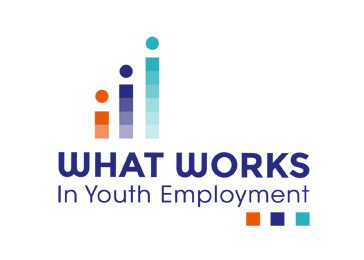 The platform for the promotion of evidence-based decision-making for youth employment programmes by the International Labour Organization represents a database and global list of over 750 projects aimed at supporting young workers in over 90 countries. A call for collecting positive practice examples showing good results in the promotion of decent work for youth was issued four years ago, as part of a youth employment programme. The goal of the International Labour Organization is to thus contribute to the promotion of decent work for youth through the promotion, dissemination and systematization of knowledge regarding the subject of youth employment and relevant regulations.
The platform for the promotion of evidence-based decision-making for youth employment programmes by the International Labour Organization represents a database and global list of over 750 projects aimed at supporting young workers in over 90 countries. A call for collecting positive practice examples showing good results in the promotion of decent work for youth was issued four years ago, as part of a youth employment programme. The goal of the International Labour Organization is to thus contribute to the promotion of decent work for youth through the promotion, dissemination and systematization of knowledge regarding the subject of youth employment and relevant regulations.
Young people are facing a very poor situation on the labour market. Underpaid, exposed to a lack of written contracts, unprotected from workplace injuries. International labour standards, labour laws and collective contracts are of the highest significance for the protection of young people. Investments in the quantity of workplaces must not jeopardize their quality. Youth employment policies must be created at the national level, stimulating the transition of young people from the informal into the formal economy. The challenges of youth employment require common actions by the macroeconomic policy, labour market, industrial and sectoral policy.
The economic crisis had a negative impact on youth employment. The youth unemployment rate increased swiftly after 2007, with estimates of over 6.5 million young people unemployed worldwide. The issue of youth employment exists in nearly all countries. Of the approximately 200 million unemployed today, 37%, i.e. over 70 million are young people aged 15 to 24 years. Youth unemployment has numerous negative effects, such as a negative impact on individual health and happiness, an increase in crime rates and socio-political instability. “Youth Employment Crisis: Call for Action” was published in 2012 as the first global call for improving the status of young people in the labour market and opening new decent workplaces for youth.
Source: www.wwinye.org
 Government of the Republic of Serbia
Government of the Republic of Serbia















 pdf [271 KB]
pdf [271 KB]
Leave a Comment